How the kurds became a key player in Syria's war
From Local Roots to Global Impact: The Remarkable Journey of the Kurds in Syria's War
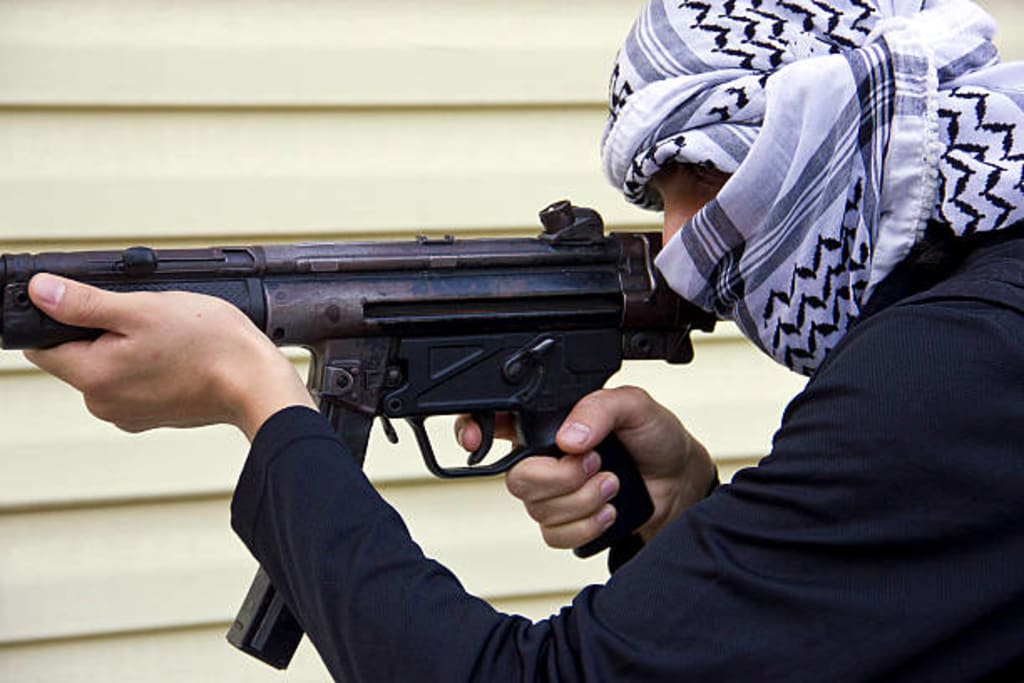
The Kurds are building their own country called Rojava. That is Rojava, a region in northern Syria that stretches to the border with Turkey. It is home to over a million Kurds, one of the largest ethnic groups in the Middle East. Until a few years ago, it was a rural and forgotten corner of Syria, where the Syrian government denied the Kurds legal status.
But today, Rojava is an autonomous region with a powerful militia that has led the fight against ISIS. And there emerges the youngest democracy in the Middle East. Surrounded by the totalitarian regime of Assad, the militant Islamic State and hostile neighbor Turkey, the place is unlikely for a democratic revolution. But in fact Rojava made the war in Syria possible. In 2011, demonstrations broke out in Syria against the dictator Bashar Al-Assad. The rebellion became an open rebellion when he sent his army to crush the opposition. Fighting on several fronts and the ranks thin, he had to make a choice.
By July 2012, Assad had pulled most of his army out of the traditional Kurdish areas of northern Syria to protect those important cities in the west. The move created a vacuum, but not for long. The current Kurdish party called the Democratic Union Party intervened to protect and rule the region they called Rojava. They organized it into three small autonomous states. They created a system of democratic local administration and claimed to protect the rights of all citizens, including the rights of the many ethnic groups of the region.
They also promote gender equality in all public institutions, including the military. Formed an all-female military group, the YPJ, and fought alongside the Kurdish militia, the YPG. But just as Rojava began to take shape, it attacked. The jihadist militia known as ISIS… The terrorist group ISIS is gaining strength… In Syria and Iraq now... In 2014, the Islamic State swept through Syria. In Rojava, they traveled to Kobanîh on the Kurdish border and besieged the city. Inside were thousands of civilians and Kurdish armed fighters. When ISIS threatened to take the city, the small Kurdish fighters held their ground until reinforcements arrived. The US provided air support to the Kurds and together they retook Kobanî, marking a great moment for Rojava.
The Kurdish fighters have proven to be one of the most effective forces in Syria, leading to continued US air support and, later, weaponry. The victory also gave the Syrian Kurds, who had been denied statehood for decades, an opportunity to consolidate and expand their territory. While Assad was still fighting in the West, the Kurds decided to attack ISIS. The Kurds are the most effective fighting force against the Islamic State… Kurdish fighters in Syria have made significant gains... Killing thousands of fighters and recapturing areas... Kurdish-led forces launched an offensive in Syria today... You are pushing ISIS further and further... The city of Hasaka, northeast. from his own territory... We are now within sight of the ISIS stronghold of Raqqa. When Kurdish fighters began to liberate those cities, they merged their populations with Rojava. With the addition of a multi-ethnic population, Rojava was renamed the Democratic Federation of Northern Syria, reflecting the structure of the region.
And Kurdish fighters joined forces with non-Kurdish forces to form the Syrian Democratic Forces, also known as the SDF. Western media hailed the moment as the birth of a young democracy in the Middle East. And the Kurds touted their democratic model as the solution to post-war Syria. But reports also claim that Kurds are repelling non-Kurds and committing human rights abuses. Not everyone in the wider region supported the Kurdish project.
On the one hand, the Syrian government denied its existence, and on the other, Turkey began to worry about the expansion of Rojava. See, Turkey claims that the Kurds of Rojava are a front for the PKK, a Kurdish militant group that has been at war with them since the 1980s and has been labeled a terrorist group by the US and the EU. To prevent Rojava from becoming a safe haven for the Kurds, Turkey sent ground troops here in Syria in August 2016 to fight both ISIS and the SDF, ultimately cutting off Afrin from the rest of the federation. But the Kurdish offensive continued and at the end of 2017 led to the fall of ISIS in its capital, Raqqa.
The victory was a great victory for the Kurds, but it also opened a great danger. In early 2018, Turkey returned to Afrin and launched the Operation Olive Branch offensive against the Syrian Kurds here. After the departure of ISIS, Rojava's partnerships weakened. Lacking a common enemy, American motivation to support the Kurdish fighters has weakened, especially when they face Turkey, a NATO ally on which the United States relies.
It is currently unclear how far Turkey will go to keep the Syrian Kurds at bay, but without US support, their forces are underequipped and underequipped against Turkey's massive military. In the new phase of the Syrian war, Rojava has become a vulnerable target. And the Kurdish dream created at the beginning of the war is threatened by its end.
Like what you read? Consider liking and subscribing for more! :)
About the Creator
Enjoyed the story? Support the Creator.
Subscribe for free to receive all their stories in your feed. You could also pledge your support or give them a one-off tip, letting them know you appreciate their work.

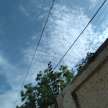
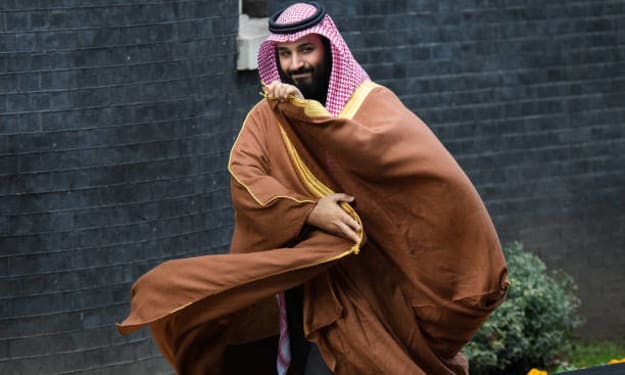
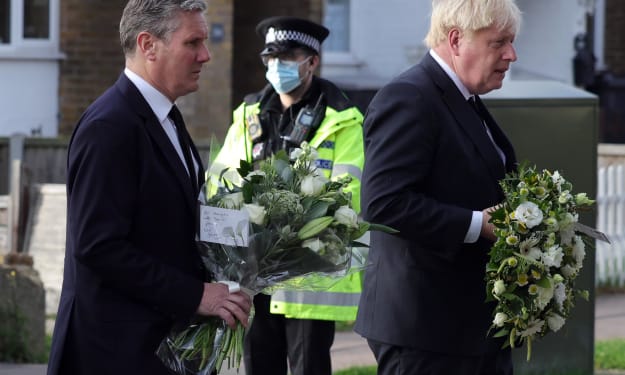
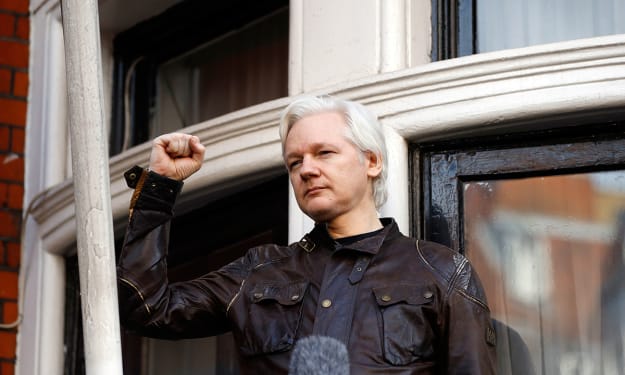

Comments
There are no comments for this story
Be the first to respond and start the conversation.